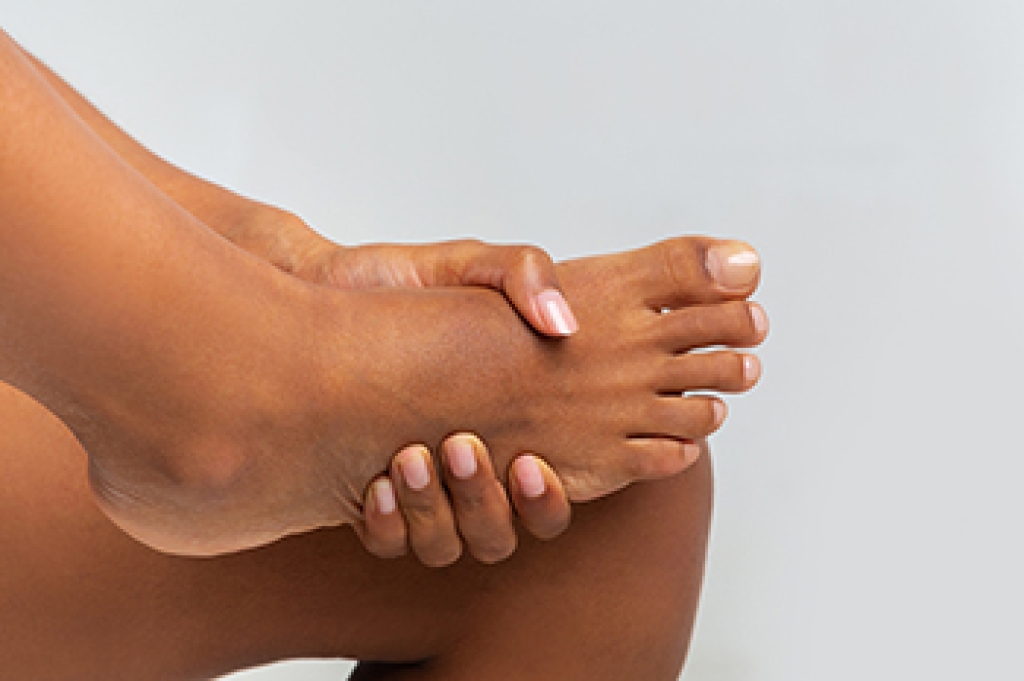
As individuals age, the risk of experiencing a fall increases, posing significant threats to their health and independence. Understanding the factors that contribute to falls is vital in implementing preventive measures. Common risk factors for falling in older people include muscle weakness, balance impairment, vision problems, and certain medications that may cause dizziness or lightheadedness. Environmental hazards, such as uneven surfaces, poor lighting, or slippery floors also heighten the risk. Fortunately, proactive steps can be taken to reduce the likelihood of falls. Engaging in regular exercise to improve strength, balance, and flexibility can enhance stability and coordination. Conducting home safety assessments and making necessary modifications can help create a safer living environment. Included are installing grab bars, securing rugs, and improving lighting. Regular vision check-ups and medication reviews with healthcare providers help decrease potential risks. Falling can seriously impact the feet as well as other body parts. If this has happened to you, it is suggested that you visit a podiatrist who can assess your foot condition, provide treatment, and offer you effective fall-prevention techniques.
Preventing falls among the elderly is very important. If you are older and have fallen or fear that you are prone to falling, consult with Kellvan Cheng, DPM from Elite Foot & Ankle. Our doctor will assess your condition and provide you with quality advice and care.
Every 11 seconds, an elderly American is being treated in an emergency room for a fall related injury. Falls are the leading cause of head and hip injuries for those 65 and older. Due to decreases in strength, balance, senses, and lack of awareness, elderly persons are very susceptible to falling. Thankfully, there are a number of things older persons can do to prevent falls.
How to Prevent Falls
Some effective methods that older persons can do to prevent falls include:
- Enrolling in strength and balance exercise program to increase balance and strength
- Periodically having your sight and hearing checked
- Discuss any medications you have with a doctor to see if it increases the risk of falling
- Clearing the house of falling hazards and installing devices like grab bars and railings
- Utilizing a walker or cane
- Wearing shoes that provide good support and cushioning
- Talking to family members about falling and increasing awareness
Falling can be a traumatic and embarrassing experience for elderly persons; this can make them less willing to leave the house, and less willing to talk to someone about their fears of falling. Doing such things, however, will increase the likelihood of tripping or losing one’s balance. Knowing the causes of falling and how to prevent them is the best way to mitigate the risk of serious injury.
If you have any questions, please feel free to contact our office located in Carrollton, TX . We offer the newest diagnostic and treatment technologies for all your foot care needs.



 Poor circulation
Poor circulation



